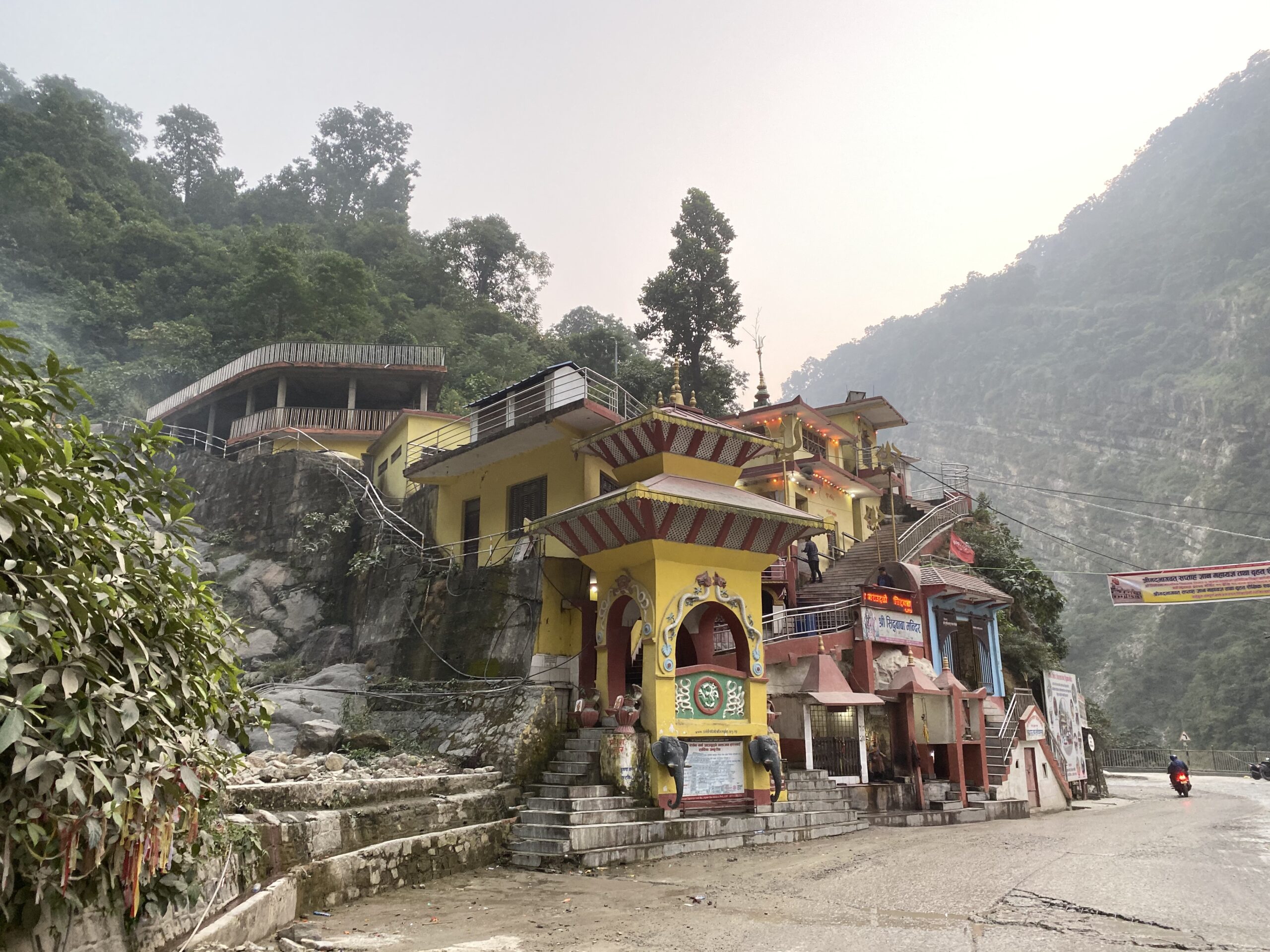Some of you may recall that I and two others traveled to Nepal last year to serve in a health post in a remote village. Because of an April 2015, 7.8 magnitude earthquake, areas of the city are still under reconstruction, and remote areas near Kathmandu are still in much need of service and renovation. The Mount Everest Foundation for Sustainable Development was once again our sponsoring organization. My service teammates and friends were Cindy Jones, an RN from the greater Milwaukee area, and Juan Pablo Murphy, an engineer from South Carolina. The program’s goal is to serve the health needs of remote villages that cannot be accessed by vehicle and create sustainability by helping to teach the local nurses in those villages.
After approximately 30 hours of travel time, Cindy, Juan Pablo and I arrived in Kathmandu and settled into our hotel. We met Mr. Deha Shrestha, CEO of Everest Parivar Expeditions Pvt., Ltd., who was our coordinator for the trek itinerary and who helped with scheduling our post-trek site-seeing. The next day we met Nawang Sherpa, a seasoned Sherpa, who served as our trekking and expedition logistics coordinator, and his daughter Nima Sherpa, who served as our interpreter.
We were treated with exceptional weather and were able to see Kathmandu and the villages without the heavy mists that we encountered last year. Our Sherpa cook was Dorje. He was our cook last year, so we were tickled to see him again. An incredibly gentle but tough man. His job was to feed us, but he made art out of his food presentations.
Following an eleven-hour jeep ride, we arrived in the village of Jhapre in the early afternoon and checked-in to our “5-star hotel,” a wooden structure with simple rooms that had benches for our sleeping bags. It was “5-star” because the toilet (non-flushing) was indoors!
On our trek to the health post, the next day, our Sherpa guide was so very caring. He took us on a route that climbed to 11,000 feet. We were huffing and puffing from the effects of the altitude but were absolutely amazed at the beauty of the mountain ranges (Annapurna and Himalayan) that his route had made possible for us to see—the mountains do not appear to be real; they are so very majestic. After hiking the full day to Patale, we settled into our rustic rooms at the health post. No indoor toilet or running water here! We cared for approximately 60 patients during our two clinic days this year, down from 110 last year. We think this was due to the Tihar festival that was underway in the country.
After our two days at the health post, we hiked back to Jhapre, ate a lovely Sherpa meal, then rested. The following day we said good-bye to our Sherpa team and began the two-leg jeep ride back to Kathmandu. We traveled the first leg by a special jeep that was able to navigate the road that was still in very rough shape from the monsoons. It took an hour to travel the seven-kilometer stretch! We ate breakfast at a roadside restaurant, then began the thirteen-hour ride back to Kathmandu.
After our clinic days were complete, Mr. Pranoj Rajkarnikar, a local businessman who was our in-country liaison in 2018, served as our translator and personal guide in Nepal. We visited tourist and non-tourist areas in Kathmandu, Pokhara and Lumbini. Some of our activities were visiting the Avant Garde school, paragliding with mountains on the horizon, visiting numerous temples and Buddha historical sites, sharing tea with Pranoj’s family and friends of his family, attending Newari festivals in the evening, and driving through less-traveled areas with our gracious taxi drivers.
All three of us believe our second journey was as great a success as our first. We are again exceedingly grateful to have had the opportunity to provide medical care to the people of Patale and its surrounding villages. We are ever-reminded of what we have in this country—financial resources, indoor plumbing, electricity that is reliable, internet service that is up more than it is down; roadways that are passable, and garbage control.
Because of our personal guide, Pranoj, we learned much more about the country and were able to share fellowship with farm families, Sherpa families, and the children of the Avant Garde school. We are always deeply touched by the gentleness and hospitality of the people we met or served, and those who took such good care of us—our coordinator, Deha; our interpreter, Nima; our Sherpa leader, Nawang; our Sherpa cook, Dorje; and our personal friend and guide, Pranoj, and the others who comprised our Sherpa team. Without this, the journey would not have been possible.
© Trinity Integrative Family Medicine, Inc., glkocourek, Nov-2019

